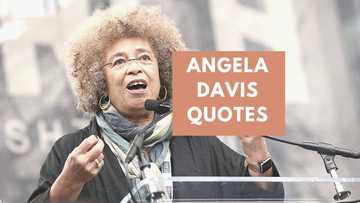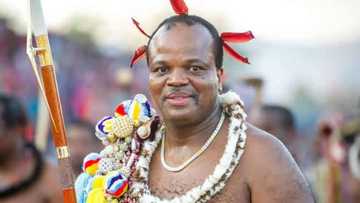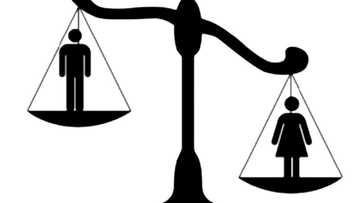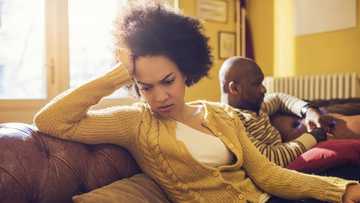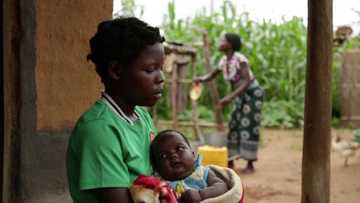History of women's rights in Nigeria
What’s there with women's rights in Nigeria? Like in many African countries, Nigerian women are in a very specific condition, with limited rights and a cage of restrictions that take their roots from ancient traditions and beliefs. There are still so many issues connected to the rights of women in Nigeria, and so much work to do to overcome all the existing issues.
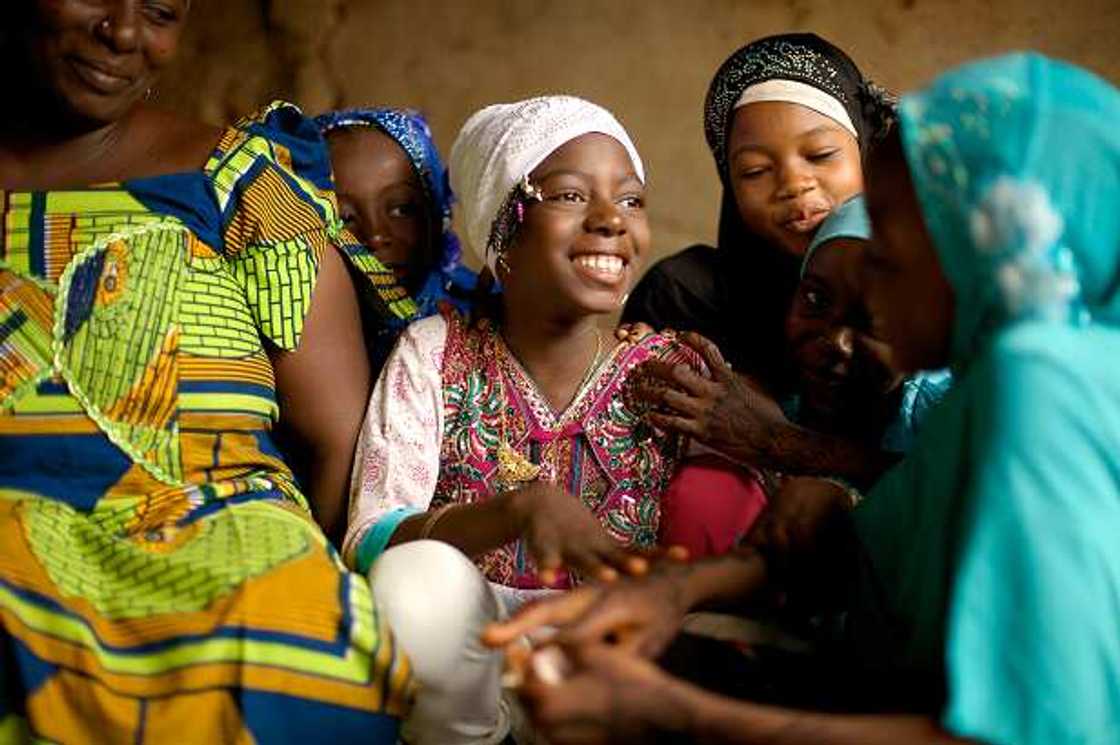
Source: UGC
Rights of women in Nigeria: a long way
Nigerian women have gone a long way to reach at least the rights they have now but the situation is still very sad. Southern Nigerian women received a right to vote in 1958. Their northern neighbors received the same right only in 1978, after 20 years! Some northern states still live in compliance with the Sharia law which limits women in many things.
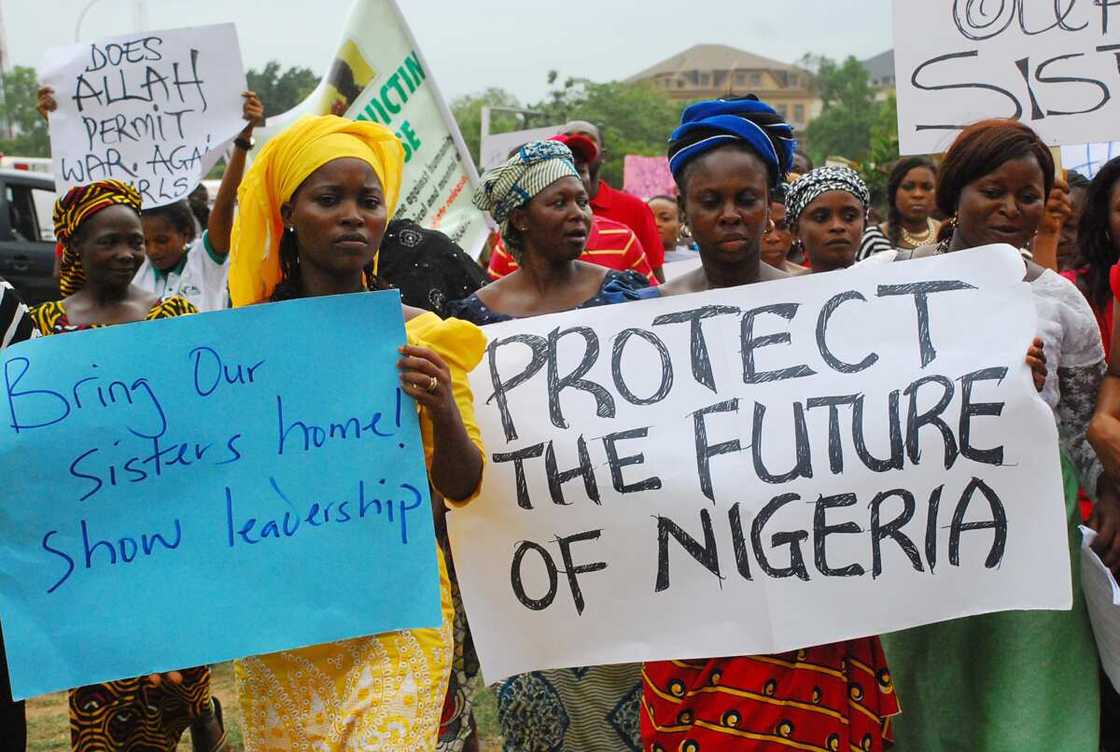
Source: UGC
READ ALSO: Agencies responsible for the protection of women's rights in Nigeria
In 2003, the number of women in the House of Representatives was 23 persons (only 6% of the general number of representatives), and the number of women in the Senate was only 4 (3%). After the elections in 2007, the numbers went to 27 (7,5%) and 9 (8%) respectively.
Three years ago, the Senate declined a project of the law which would forbid any forms of discrimination against women. The law was able to protect the rights of women and make them equal with those of men in marriage, inheritance, politics and education.
Some senators spoke out that such a law would go against the national cultural traditions and beliefs of Nigerians. Others thought it to be senseless to have a separate law for the rights of women while the Constitution already guarantees equal rights for men and women.
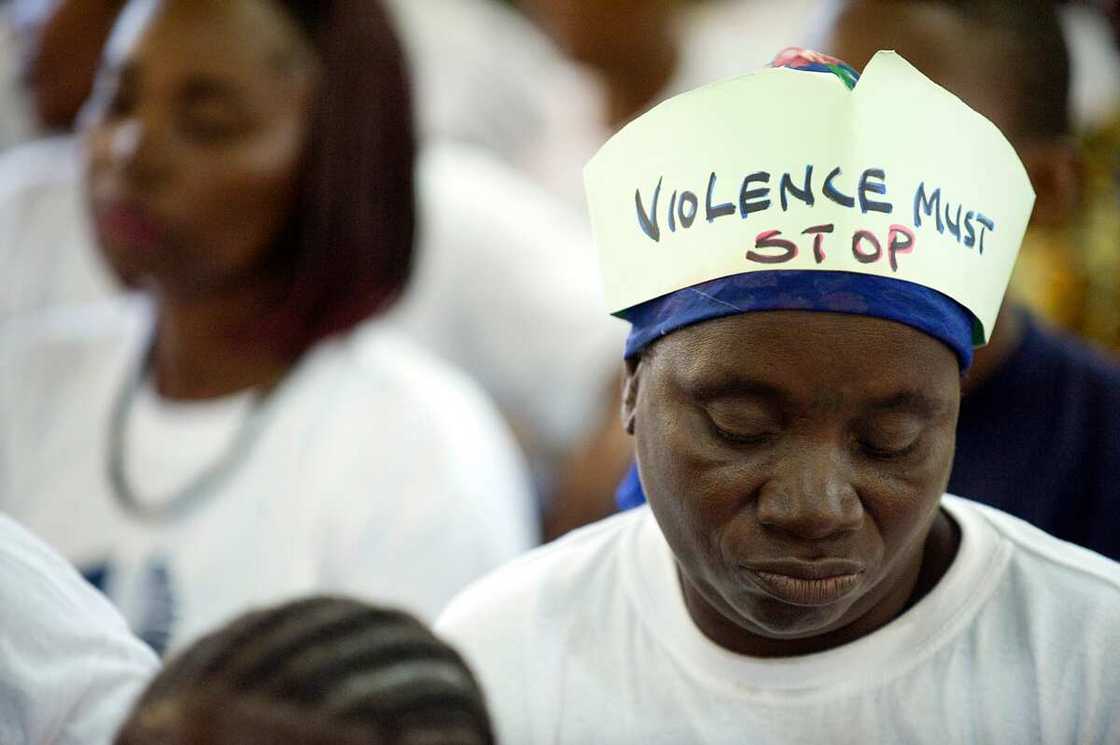
Source: UGC
One of the senators said that in compliance with Islamic traditions, a woman’s inheritance can be only a half of what a man would inherit and that nobody has a right to change this way of living. Of course, many active civil organizations that defend the rights of women accepted this fact negatively and criticized such opinion of the Senator heartily.
There was a curious case in 1999 when a woman tried her luck in presidential elections. She was a decent candidate but when the votes were calculated, only one person voted for her. Even those women who seemed to support her attempt and her program were afraid to vote for her and to show their faith in her in public.
Another cruel tradition, which has ruined or even taken the lives of many women in Nigeria and other countries, was female genital mutilation. The official regulation against this cruel and dangerous practice was signed by Goodluck Jonathan as his last legislative action as President. This decision has been supported actively by defenders of women rights, but, sadly, not by every person in Nigeria.
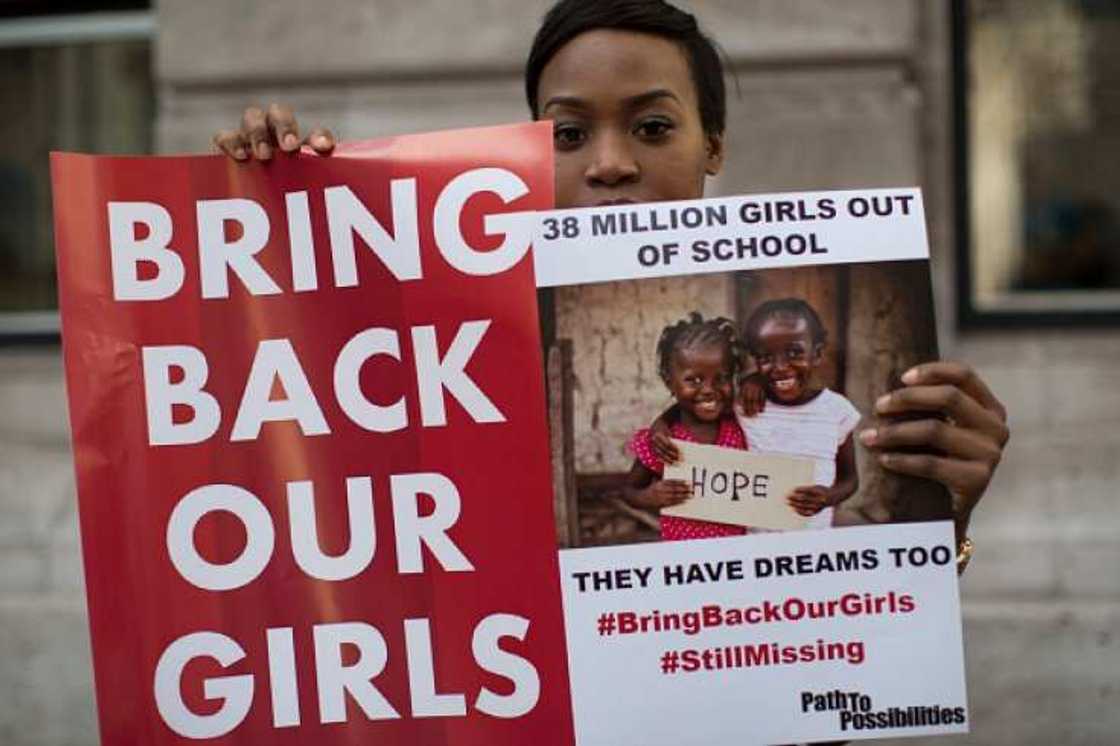
Source: UGC
READ ALSO: Women in politics in Nigeria
This surgery is another part of the culture and traditions and it’s not that easy to change people’s view on this point. Many Nigerians still believe that a woman can’t be a good wife and a devoted mother without this manipulation. Sometimes, it’s thought that a woman can’t even find a husband if she did not undergone circumcision.
Violation of women’s rights in Nigeria
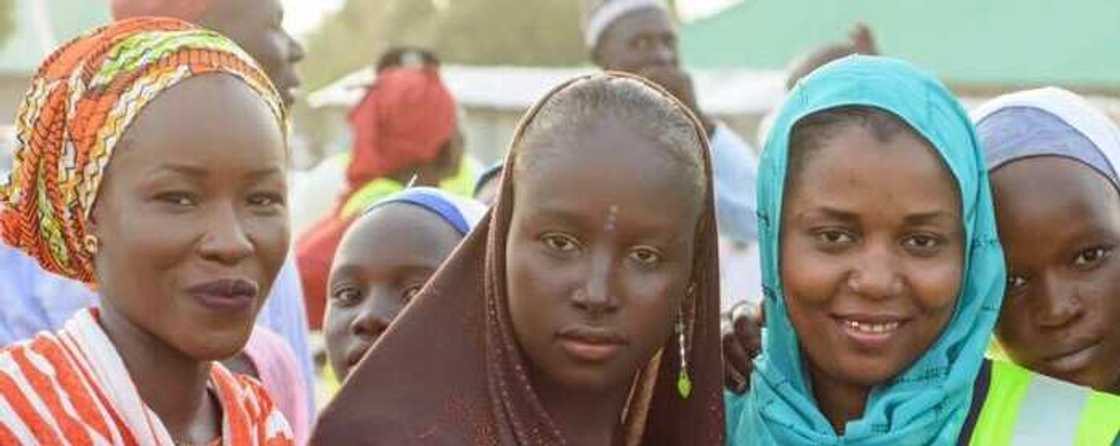
Source: UGC
Nigeria is the most populated African country, which has the biggest economy on the whole continent. Still, it’s a country where women are not completely free yet, where little girls are being stolen by terrorist organizations and where a woman is supposed to obey and stay quiet. Nigeria is deeply patriarch and even though the Constitution forbids discrimination, the final word is always said by men while women follow them meekly.
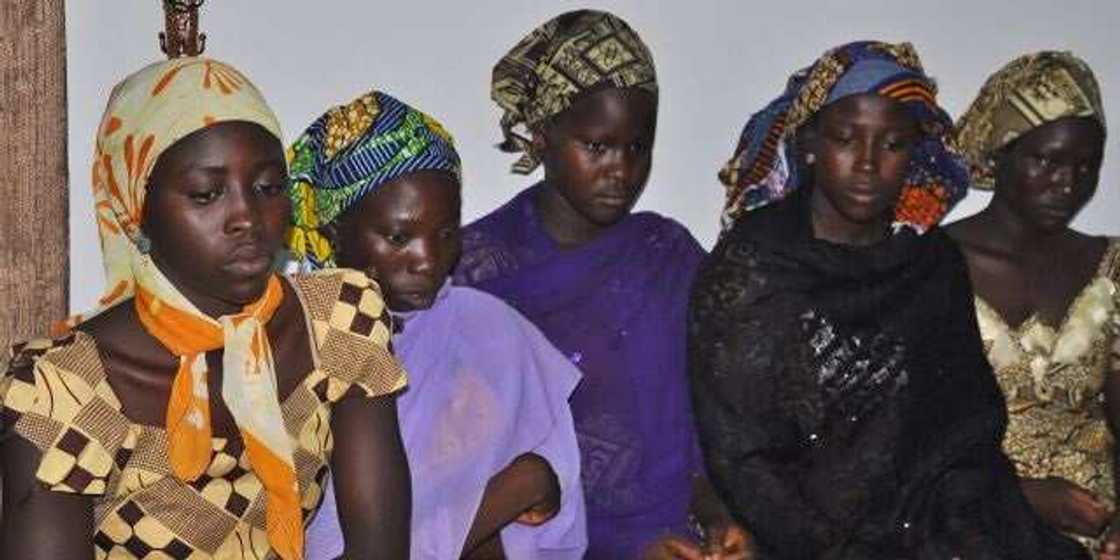
Source: UGC
READ ALSO: History of feminism in Nigeria
Specifics of gender equality in Nigeria are visible when we come to the countryside and see that 60% of those who work in fields are females. Another issue is in the restricted access to education. 80% of women in Nigeria can’t write of read. The problem is especially characteristic for the northern part of the country. Terrorist organizations often treat women as rubbish. In 2014 only, Boko Haram stole nearly 300 of girls right from their school. The explanation was: the girls must leave the school and find husbands. Only 82 of those girls are free. A part of them is still missing and the rest are considered dead.
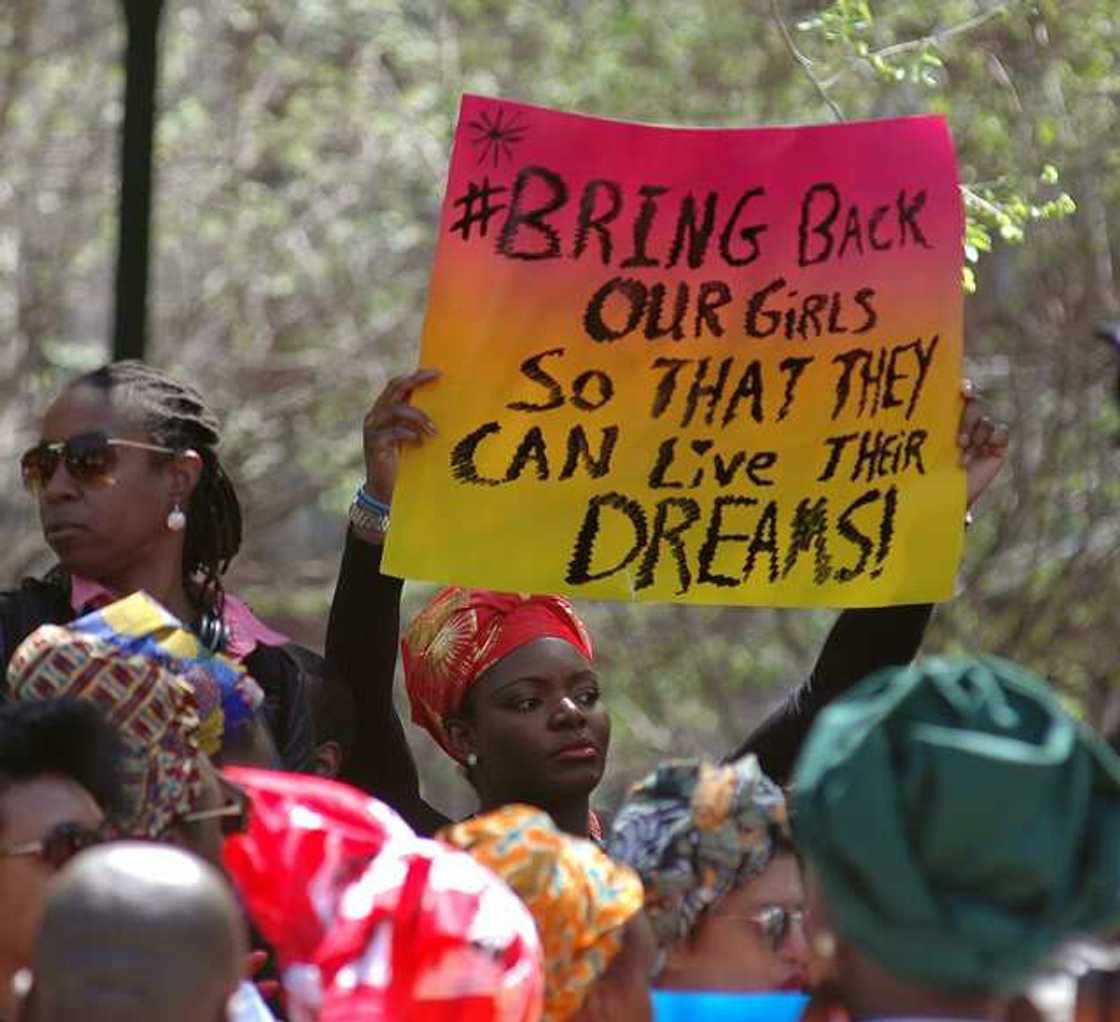
Source: UGC
Domestic violence is a huge problem. Of course, there is a law that forbids cruelty at home but in practice women remain unprotected because the police treats these situations as a personal matter of every separate family. As a result, women who have nowhere to go are forced to stay with their cruel husbands, are forced to put up with it, and sometimes this violence has very sad results.
Today, representatives of younger generations feel much freer than their parents and they show much more respect to women and their rights. However, elder men are still very conservative and yet a lot is to be done to change their way of thinking at least a little.
Reproductive rights of women in Nigeria
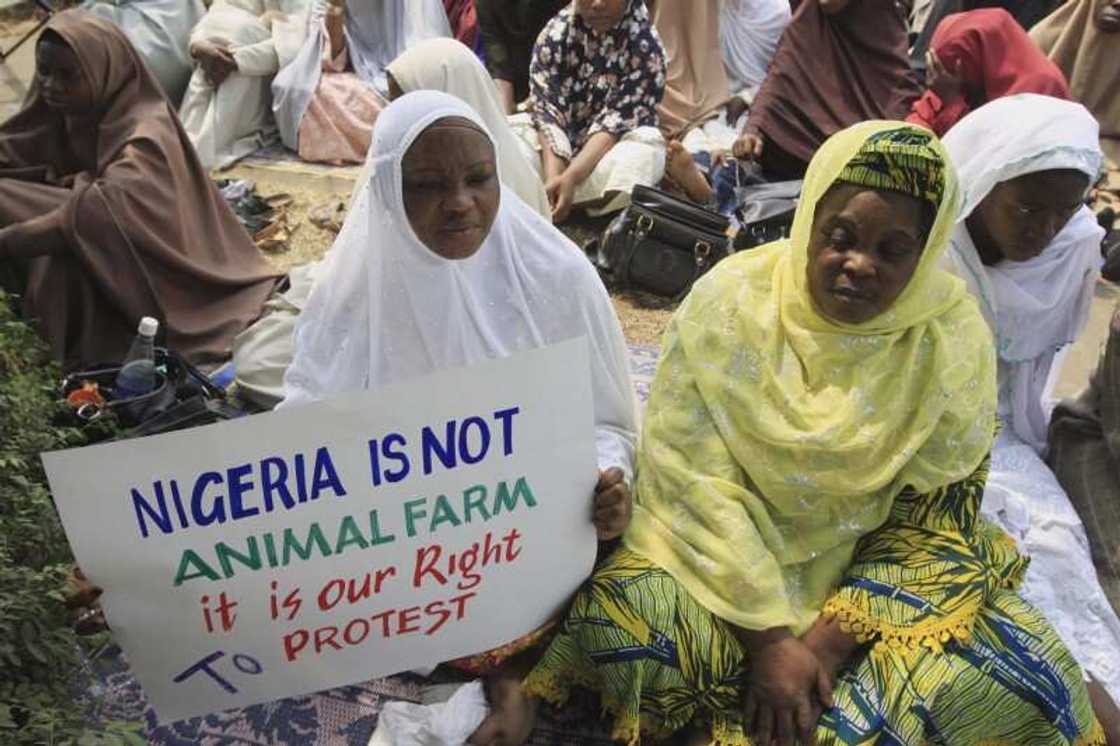
Source: UGC
It’s a usual thing that reproductive rights of women are violated along with their general rights. In Nigeria, women are brought up with an idea that they are going to have children.
What’s more, Nigeria is a religious country and both the major religions, Christianity and Islam, don’t leave women many ways to manage their reproductive rights on their own. For instance, abortions are actually illegal in any part of Nigeria and the only case when a woman can abort an unwanted pregnancy is if the pregnancy and delivery can put her own life at risk. In all other cases, she must have this child, no matter what.
All this leads to the fact that women in Nigeria resort to unsafe abortions performed in many ways. There’s no need to say that such abortions are taking the lives of many women in all parts of the country. There have been many attempts of creating a movement for women’s rights. One of their goals was to provide contraceptives for women who had undergone sexual violence and could fall pregnant.
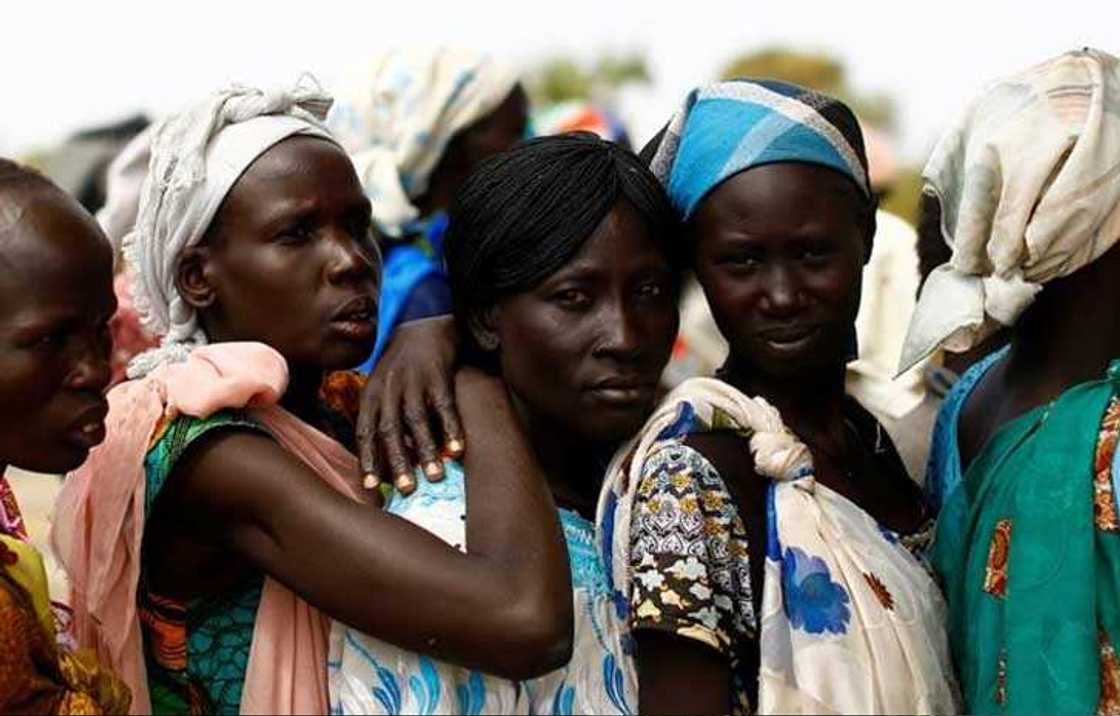
Source: UGC
Yet, all these efforts have not given any significant result, and even now a woman can terminate a pregnancy legally only in case her life is in danger. Together with the lack of access to normal effective and affordable contraceptives, unsafe abortions remain one of the most popular methods of birth control and family planning for many women in Nigeria.
It’s a pity that the most active fighters against women’s rights issues in Nigeria are also women and that they have to face a number of obstacles in their activities exactly due to the problems they want to solve. Hopefully, this vicious circle will be broken one day and women in Nigeria will enjoy their lives, love, and careers as they want.
READ ALSO: Nigerian heroes and their contributions
SOURCE: pambazuka.org
Source: Legit.ng


